October 30, 2020
Tempted by peptides? Don’t do it.
Yes, like you, we’ve seen those recent marketing emails and how-to CE courses touting compounded peptides, many of them supported by prescribers. Remember that FDA does not control the practice of medicine, and education can be provided on any topic. Many in the physician and education world may be unaware of restrictions on peptide compounding, and some may be asking you to prepare the products they have been learning about. But FDA has explicit rules that restrict what 503A pharmacies can compound and dispense. Using any chemical as an active ingredient in a human compound is not allowed unless:
- It has a USP monograph; or
- Is an ingredient in an FDA-approved drug; or
- Is on the FDA 503A “positive” list; or
- Is on Category 1 of FDA’s Interim Policy on Compounding Using Bulk Drug Substances Under Section 503A of the Federal Food, Drug, and Cosmetic Act.
Most peptides do not currently meet any of those conditions.
We know you may be getting pressure from certain physicians to compound peptides, and we understand you risk losing the relationship with that physician by saying no. It’s a hard choice to make. But the rules are the rules, like them or not, and compounders who compound peptides are not just inviting FDA scrutiny, but they risk giving the rest of your rule-following profession a black eye. Until it’s legal, don’t compound peptides that don’t meet 503A active ingredient criteria.
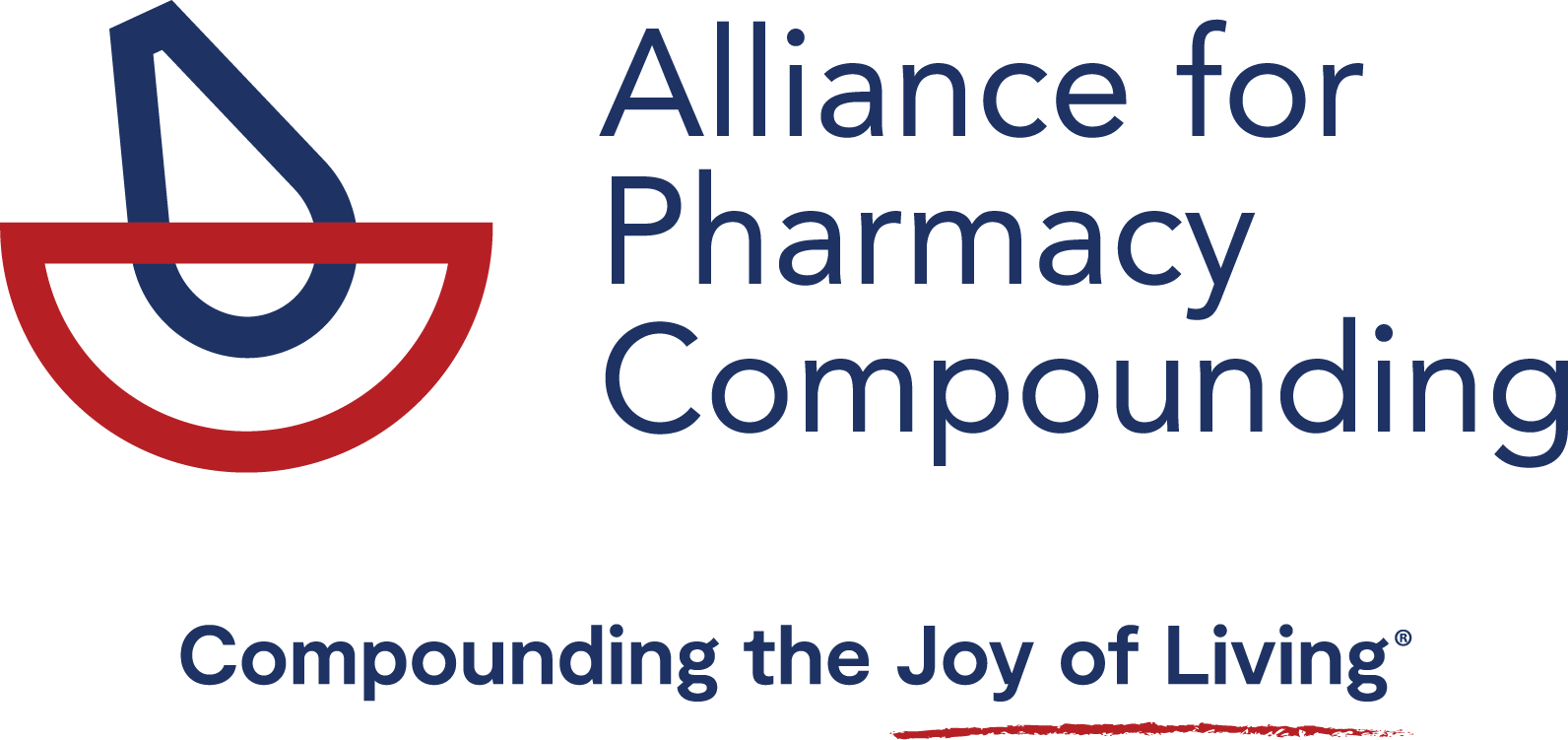

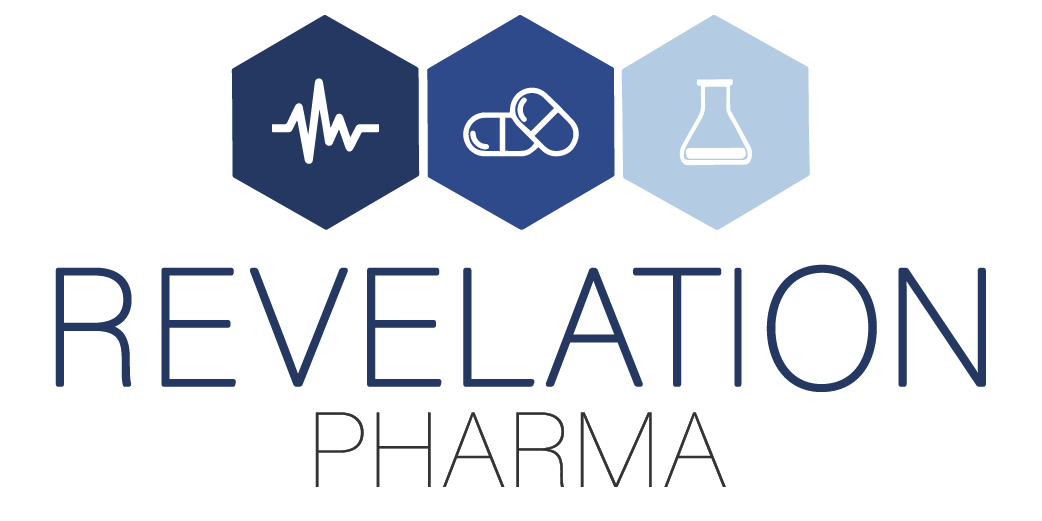









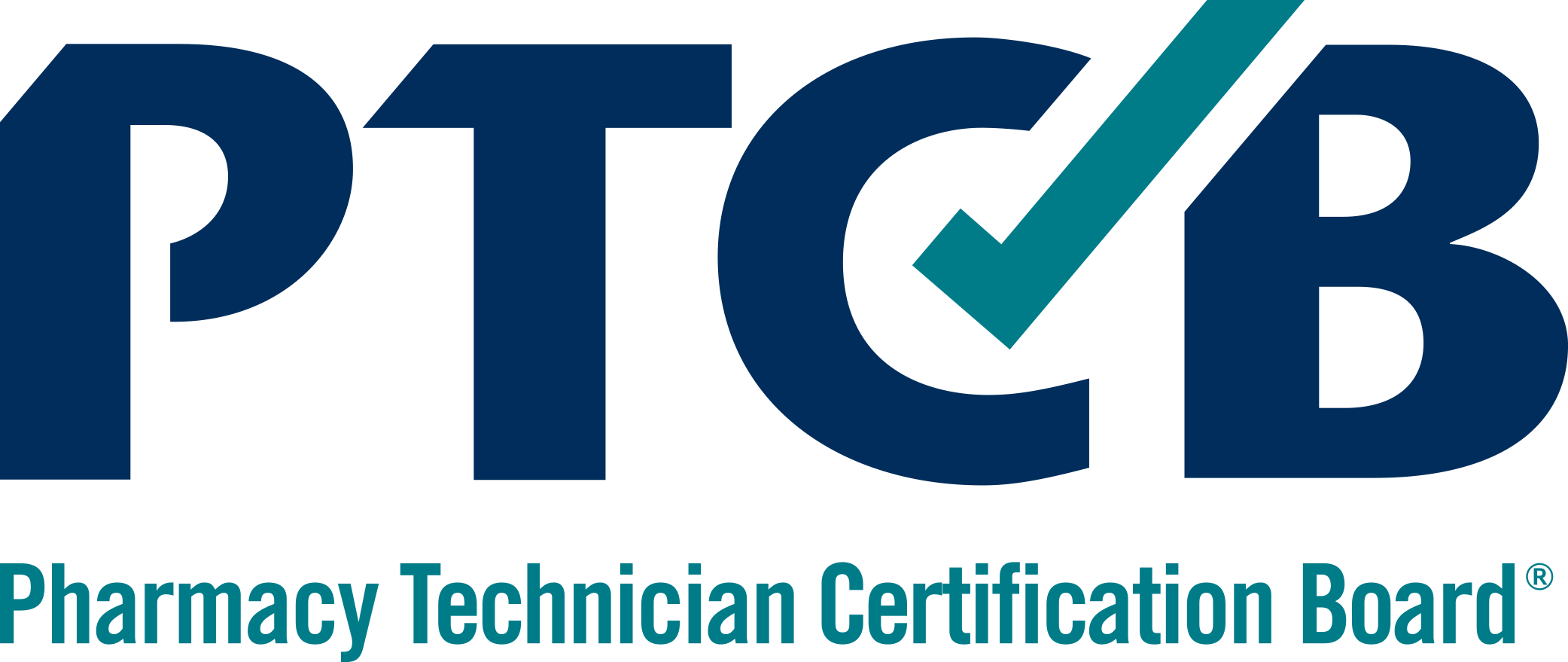
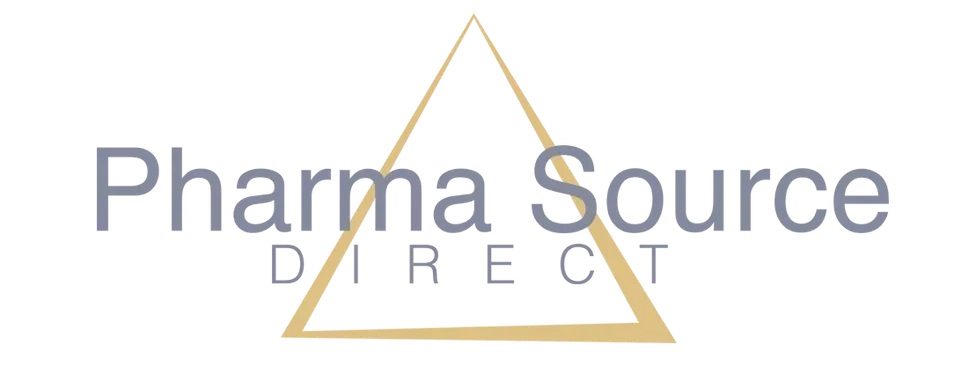



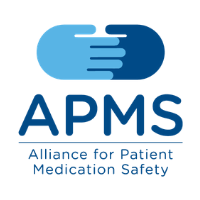








![Topi-CLICK a Division of TEAM Outlines[1]](https://a4pc.org/files/Topi-CLICK-a-Division-of-TEAM-Outlines1.png)






